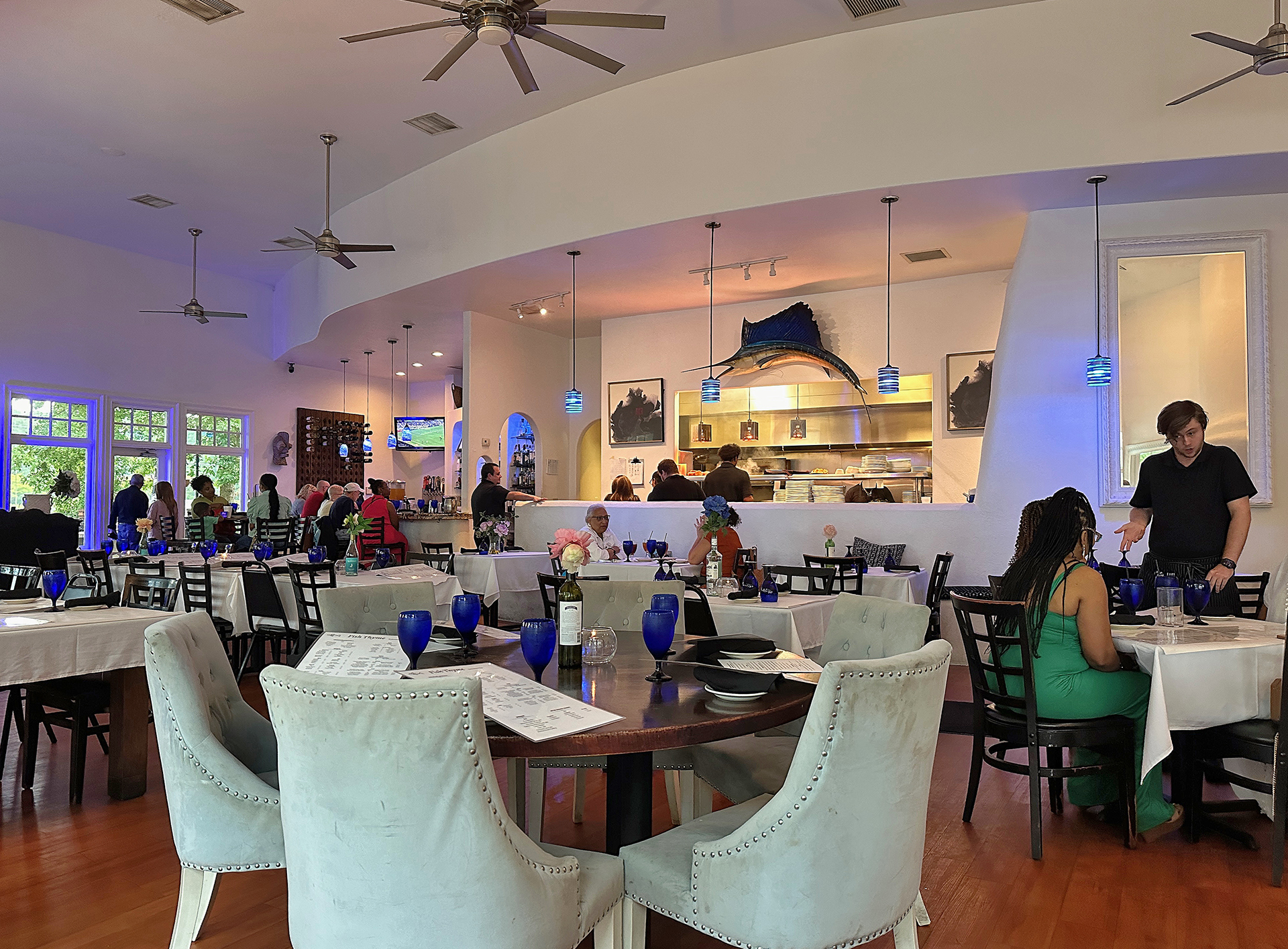Two of the worst candidates ever for president in the history of the United States both endorse the idea of no tax on gratuities as part of their campaign promises — and it is a bad idea for several reasons.
Editorial: No Tax On Gratuities Is a Bad Idea.
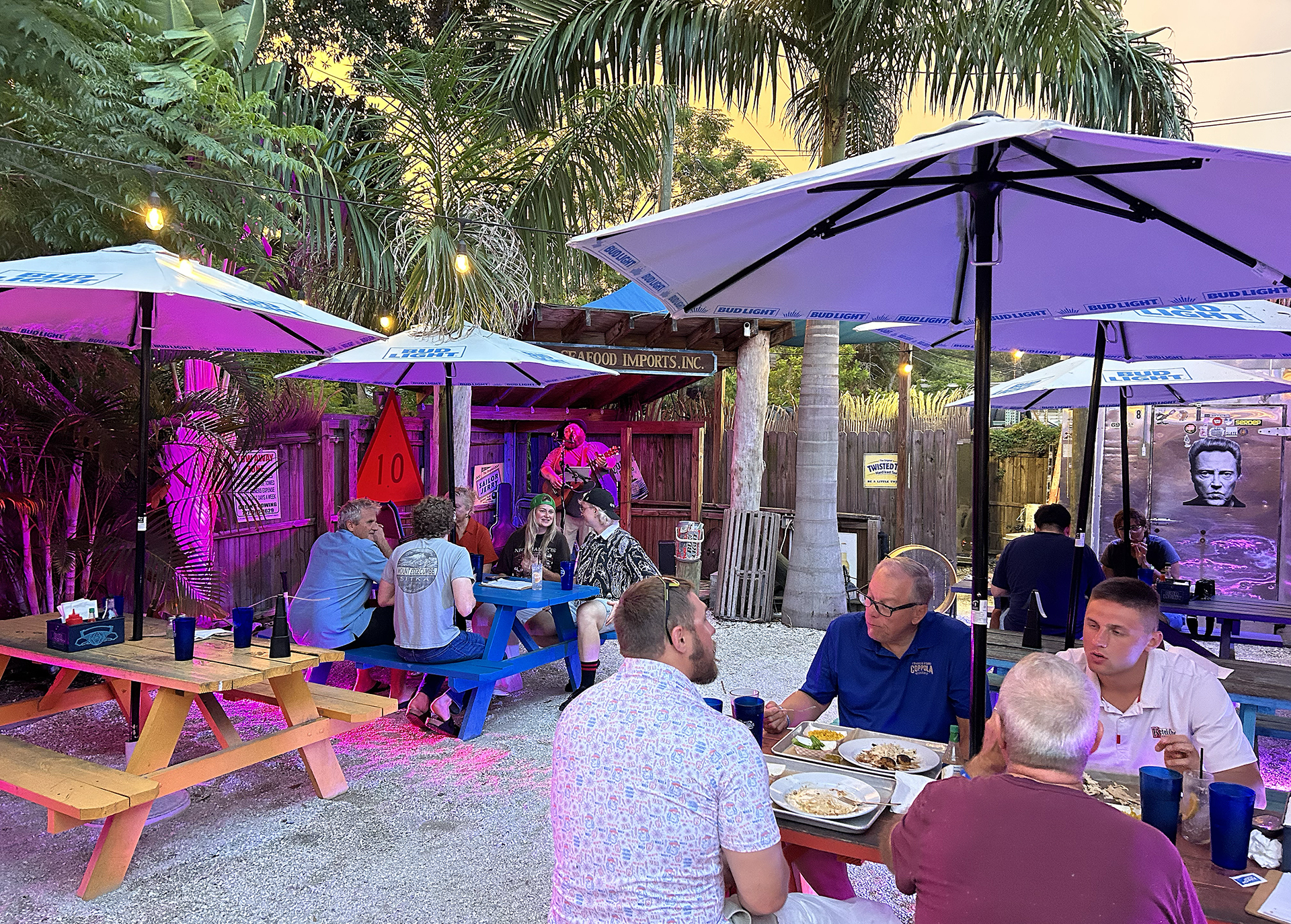
The practice of giving workers tips and gratuities has spiraled out of control in the United States. The “add tip” functionality that has been added to point-of-sale systems and other evolving technology is purportedly designed to guilt the customer into leaving more money or tipping more often to members of the staff at a dining establishment than the customer might have originally intended. More of those little hand-held machines are being used by various types of eateries. Some of those machines suggest leaving a gratuity of as much as 40 percent of the bill for servers; while others suggest leaving a gratuity of as much as 25 percent of the bill simply to take out food.
Worse is that the cost of food itself has increased due to inflation and disruptions in the supply chain among other factors — so even if the standard gratuity remained at 15 percent, the tip itself automatically increases based solely on the cost of the food.
A Conservative Example of Gratuities Which Are Not Subject as Taxable Income
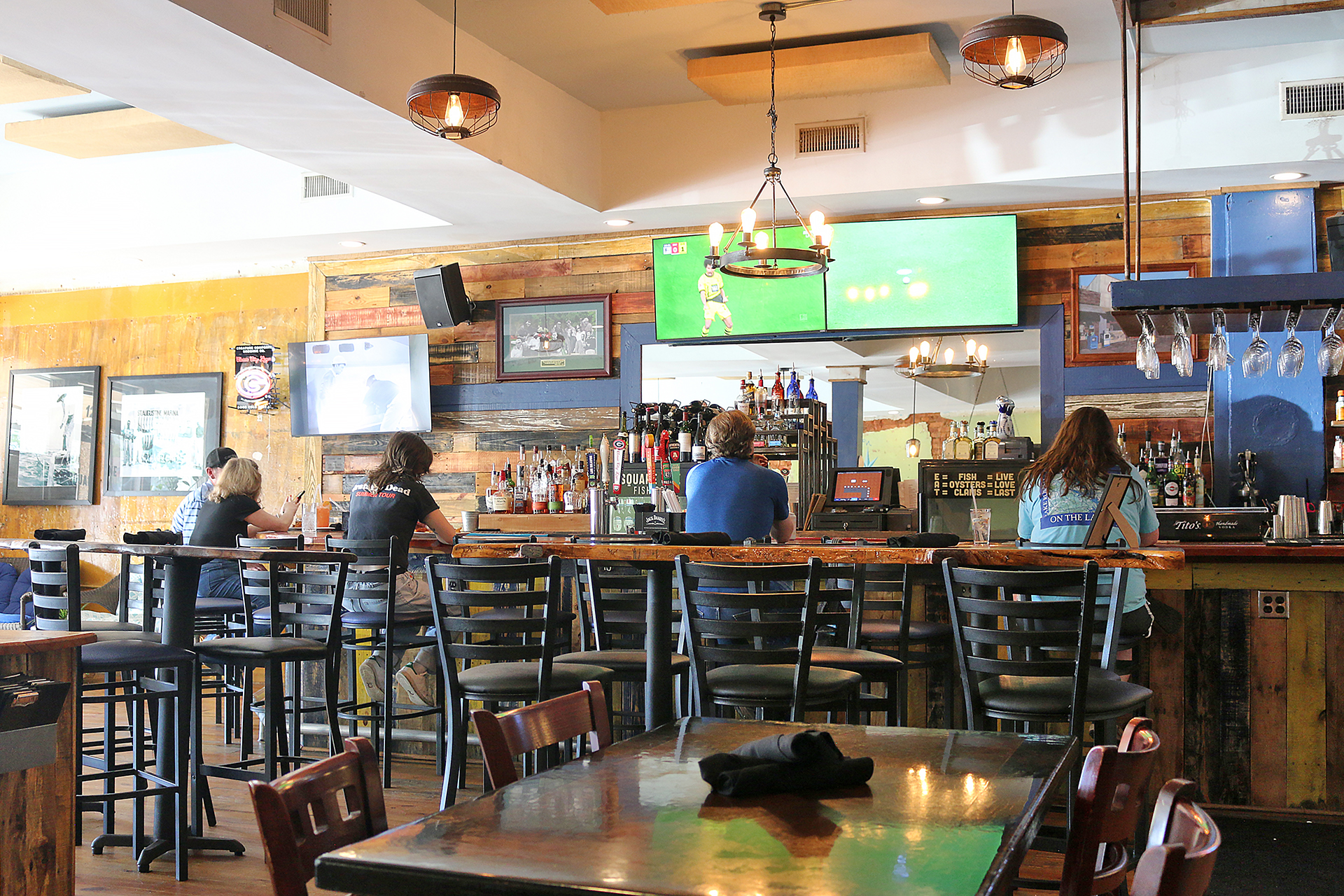
If a server waits on five tables — each of which has five sets of customers that spend an average of 1.5 hours at each table — during a shift of eight hours at a restaurant and the average cost of a meal is $50.00 before taxes are added with the gratuity being 15 percent, the server earns $187.50 in gratuities alone. The pay does not include the meager and shameful $2.13 per hour minimum that the management of a restaurant is required to pay, which adds another $17.04 in pay. If the server works five days per week, the gratuities may average $937.50 and the base pay would be another $85.20 before taxes…
…but if the server no longer needs to pay taxes on gratuities, the income on the gratuities alone becomes $46,875.00 annually and does not include the $4,260.00 in salary before taxes or $3,322.80 after taxes. This is equivalent to a person who earns greater than $60,000.00 per year before taxes at a rate of 22 percent. Considering that conservative numbers were used — meaning a family of four would pay well more than $50.00 before taxes and gratuities; and that the gratuities may typically be more than 15 percent with each customer — that $50,197.80 after taxes becomes a rather decent to good annual income.
Would the suggested amount for a gratuity decrease once the requirement to pay taxes on gratuities is removed? Of course not. In fact, the opposite will likely become true: you will be badgered significantly more to leave as much of a gratuity as possible — even if you get no service. Gratuities become free money of which 100 percent can be kept by the earner if no taxes are levied on them — and that alone is a strong incentive to want to earn even more at your expense.
This sickening culture of tipping is already spreading to infect other parts of the world. Customers are not only expected to pay usurious tips simply for the privilege of picking up food at a take-out dining establishment; but we are also expected to pay gratuities to breakfast attendants at hotel properties, to members of the housekeeping staff even though services may have been significantly reduced, and even possibly to flight attendants — all of this in addition to ridiculous mandatory fees and taxes that are automatically added to our bills. The hamburger that costs ten dollars on a menu costs significantly more by the time a diner is ready to pay for the meal.
Taxes on Travel to Increase as a Result?
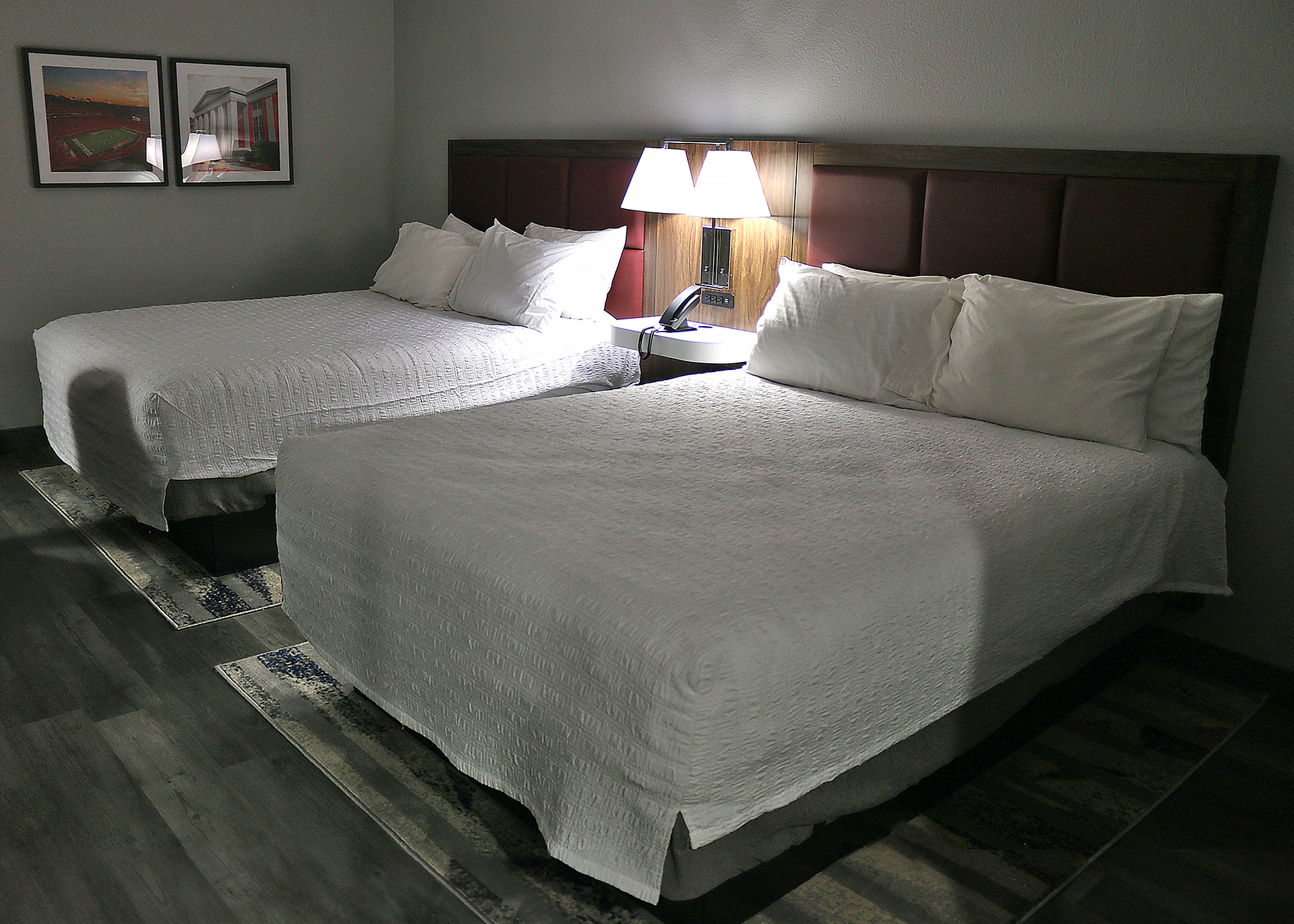
Another potential detriment to no taxes on gratuities is the loss of taxable income by the federal government of the United States. Assuming that that loss of income is an even one billion dollars per year, the federal government is not simply going to “shrug its shoulders” and say “oh, well — we are short by one billion dollars. That’s life.” The money has to come from somewhere. Will it come from an increase in taxes or a decrease in services that are offered by the federal government?
If so, the one place that seems to be a “cash cow” for revenue is the travel industry. When a government wants to increase revenue, it usually looks towards taxing people who travel because people who travel are typically not the constituents of politicians — so the constituents are not angry at the politicians who represent them. As one of many examples, a tax in the state of Georgia adds five dollars per night for hotel stays as the result of a law that became effective as of Wednesday, July 1, 2015, which means that a stay of five nights in the state of Georgia will tack on $25.00 to your folio — in addition to the room rate and existing taxes and fees — when you check out of your room.
Of course, the Federal Reserve Board of the United States can also simply order for more money to be printed — but that potentially weakens the dollar while simultaneously increases inflation. We have already seen the detriment of simply giving money away during and after the 2019 Novel Coronavirus pandemic and how that was one of the factors that caused inflation to increase to a rate as high as 9.1 percent in 2022 — which was the highest rate in greater than 40 years. That in turn created a lot of problems for what became an overheated economy — especially as many people temporarily lost the incentive to work for a living.
Final Boarding Call
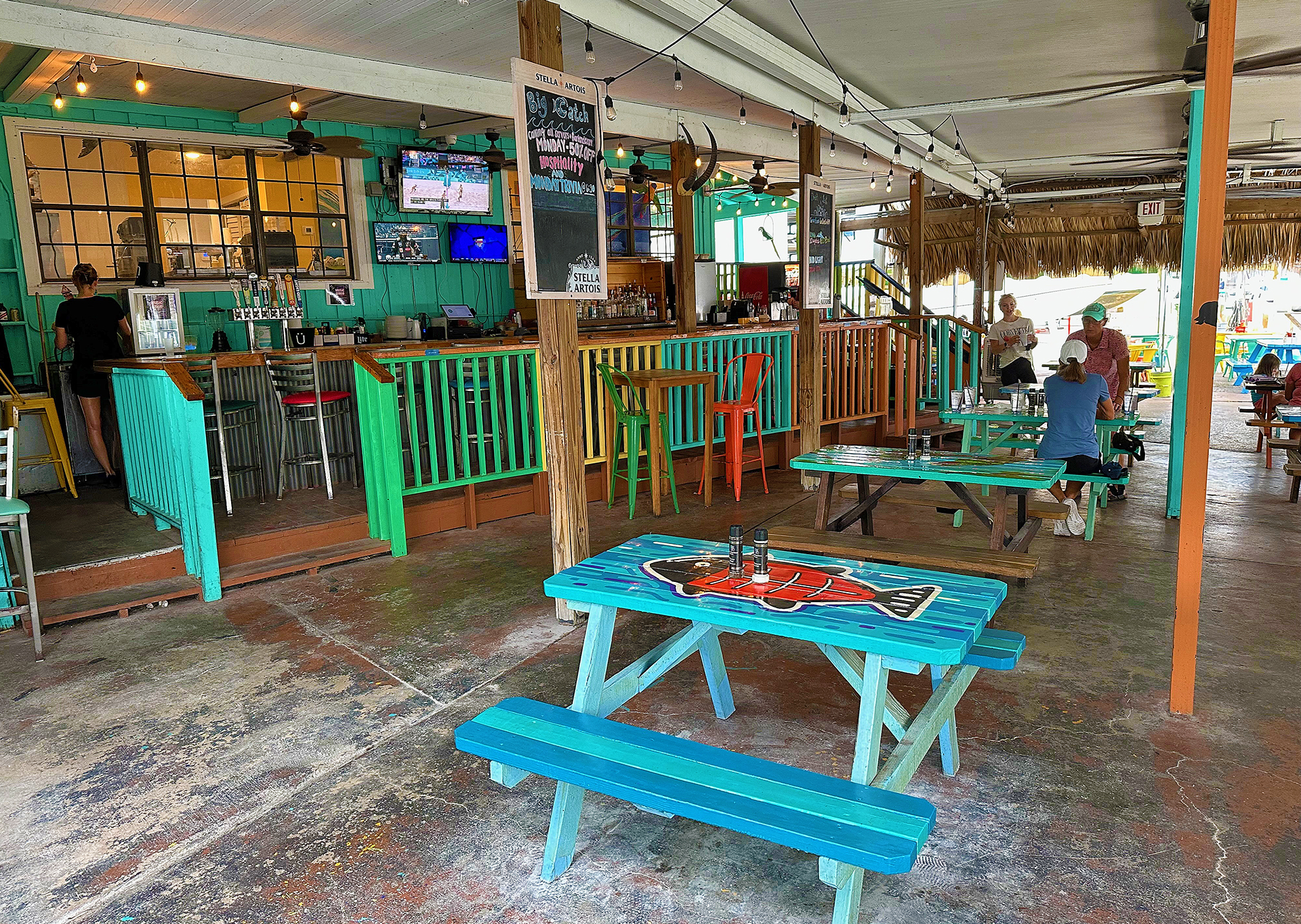
As a reader of The Gate With Brian Cohen, you are likely one who travels — or, at least, a person who wants to travel…
…so who is likely to be among the hardest hit by the idea of no tax on gratuities?
You. That’s who.
Think about it: unless a person is a digital nomad who wanders from country to country with no permanent place to call home, travelers are among the people who are most likely to dine out at restaurants — typically more often than most people — and also among the most likely to financially fill in shortfalls in taxable revenue.
The bellhop, the server, the purser, the valet, the housekeeper, and the concierge are only some of the people who expect a gratuity from customers, whom they euphemistically call guests. More people who work in the travel industry in general arguably receive tips and gratuities than any other industry — especially if hospitality, dining, and cruises are included — and they are supposed to be taxed on that income.
Believe it or not, only between two percent and 2.5 percent of workers would directly benefit from their gratuities being exempt from taxes; so the fact that both Donald Trump and Kamala Harris — ugh…the very thought of either of them becoming president of the United States causes me to cringe — would even entertain the idea of eliminating gratuities from being taxed is farcical at best…
…but neither candidate for president of the United States has released any plan or details as to how eliminating gratuities from being taxed will actually work. Besides — according to this article written by Howard Gleckman from the Tax Policy Center of Urban Institute and Brookings Institution — “While Harris’s and Trump’s campaign ideas have received a great deal of attention, they would be irrelevant to more than 95 percent of households and even to many tipped workers.” Also — according to this article written by Alex Muresianu from Tax Foundation — “…it’s a poorly targeted change, with the potential for unintended consequences for both consumers and the federal budget.”
Furthermore, I cannot imagine that one can simply wave a magic wand and declare that gratuities are to no longer be taxed. Numerous changes would have to be implemented for this to succeed — and even then, those changes will take time.
I am neither an endless fountain of cash nor am I an employer of any of these people. How is the fact that servers do not earn a decent wage my fault? I do not operate a restaurant or other dining establishment. I am not the person who purposely sets the prices on the menu artificially low to give the illusion of what is the actual cost of the meal. Why am I required to cover what business owners cannot — or will not — pay?!?
Regardless, I am tired of being taxed on all ends just to live — let alone to travel, which has been a passion of mine for most of my life…
…so if the day comes to fruition when gratuities are not subject to taxation, I plan to reduce the amount I tip to service staff — or perhaps dine out less altogether. Why should my taxed dollars support income which is not taxed at all?
I personally believe that no tax on gratuities is a bad idea.
All photographs ©2024 by Brian Cohen.
